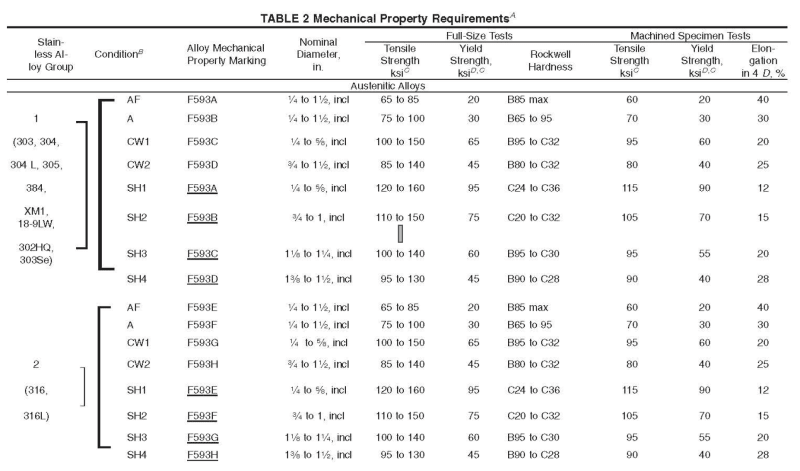ScottVH
Structural
- Jul 31, 2020
- 4
I frequently work on curtain wall designs for one of my clients, and they recently came back on a project that their client wants to use self-tapping stainless steel screws. Typically they use TEK screws, and I follow the ICC reports for the limit states of the screws. I figured that the limit states controlling tilting, pullout, and other failure modes of the connected metals would be similar enough since they are still connecting steel members (I also verify with the equations from AISI S100). My issue is that the manufacturer does not have, or just won't supply the shear and tension values for the screws beyond that they are SS304. I can't find anywhere in AISI that has a way to calculate the shear and tension capacities of the screw itself. I'm tempted to follow the equations from ASCE for bolt tension and shear and use an increased phi factor, but am hesitant to do so. Does anyone have any guidance on where I can find equations for calculating SS screw strengths?

